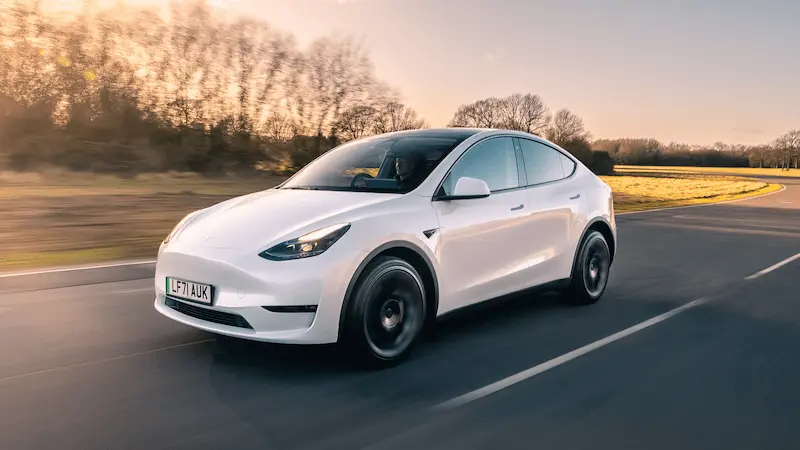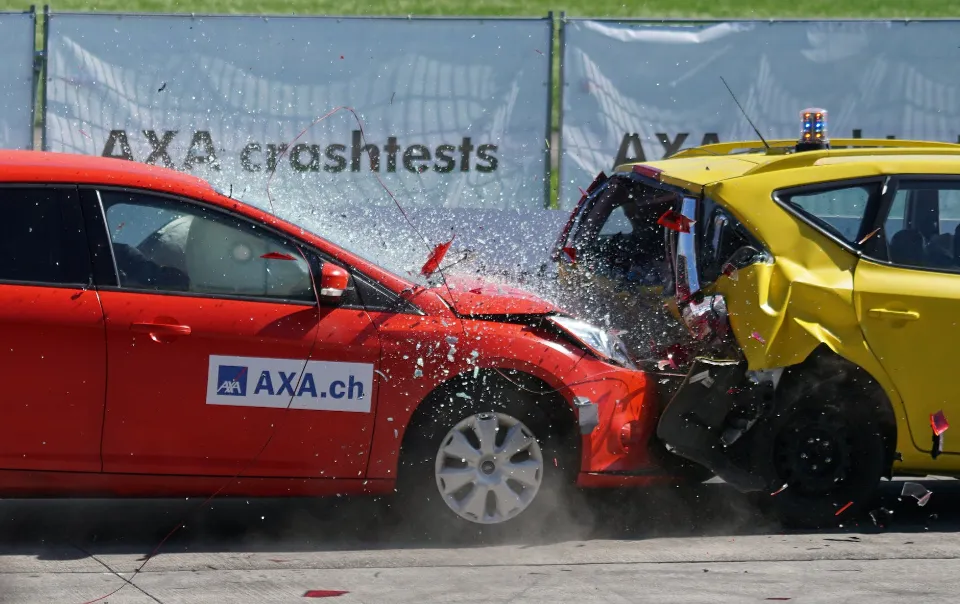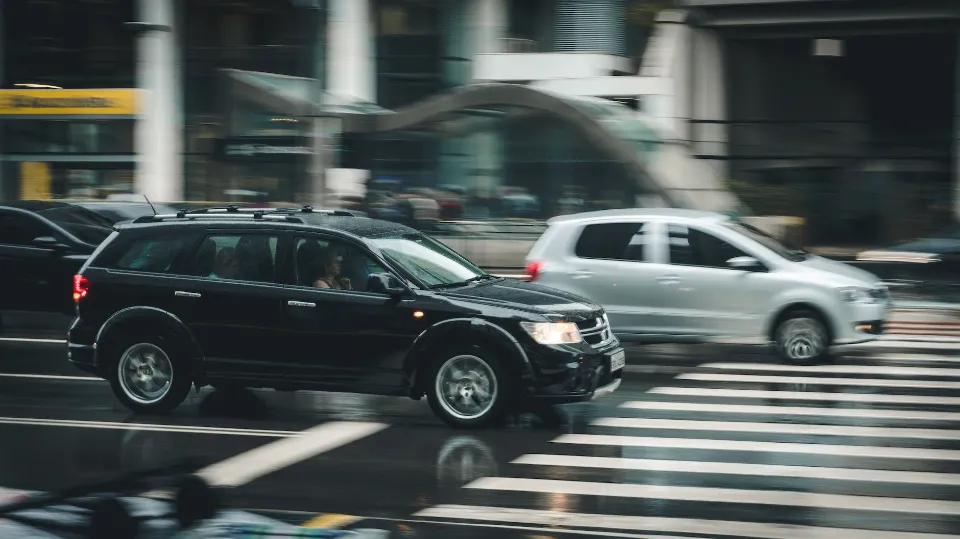What a car insurance policy covers depends on its type. For instance, liability insurance covers the cost of fixing the other driver’s car after a collision. Furthermore, collision insurance will cover the cost of your own car’s repairs.
There are four main types of car insurance coverage:
Type of insurance | What it covers |
Liability insurance | Other cars or people |
Comprehensive and collision coverage | Your car |
Personal injury protection | Your injuries |
Uninsured or underinsured motorist coverage | Your car and injuries |
Liability Auto Insurance
Liability auto insurance pays for injuries to the other party or damage to their car when you are at fault in a collision.
Two types of liability coverage:
The costs of another person’s injuries, such as their medical bills, lost wages, or funeral expenses, are covered by bodily injury liability insurance.
If you cause damage to another person’s property, such as their car, house, or other item, your property damage liability insurance will cover the cost of repairing or replacing it.
Most states either mandate liability insurance or demand that you substantiate your financial capacity to cover damages. If you don’t comply, you might incur fines or even go to jail.
Minimum insurance is not always enough. If you cause an accident and there are more damages than your insurance will cover, you are liable for the difference. You might lose all of your assets if the other driver sues you in order to pay for the damages.
Experts advise that you purchase as much liability insurance as you can afford to cover your net worth due to the potential damages that can occur while driving.



Comprehensive and Collision Car Insurance
Your car’s non-driving-related damages are covered by your comprehensive and collision insurance.
This is distinct from liability insurance, which only protects injury or property damage to others that you cause.
Collision coverage pays for damage to your car when you cause an accident. Collision insurance will still cover your repairs even if it’s not clear who was at fault.
Comprehensive coverage covers damage to your car from theft, vandalism, natural disasters or other situations that aren’t a collision. It doesn’t cover everything, despite the name. Personal belongings stolen from your car, as an illustration, are not covered.
We advise the majority of people to buy both collision and comprehensive coverage, even though they are both optional. Without this coverage, you’ll be responsible for covering all of the costs associated with fixing your car after an accident.
If you drive a less expensive vehicle valued at four to six times the annual premium for the policy, getting this coverage might not be worthwhile.


Personal Injury Protection and MedPay
After an accident, personal injury protection (PIP) covers your and your passengers’ medical costs.
Because it pays regardless of who is at fault in an accident, it is frequently referred to as no-fault insurance. Additionally, you will have additional protection beyond your own health insurance plan because it covers the injuries of your passengers.
Some PIP insurance plans also pay for lost wages, household and child care costs, and funeral expenses.
Similar to PIP is medical payments coverage, or MedPay. Unlike PIP, MedPay does not generally cover lost wages, therapy, or physical rehabilitation; it only pays for medical and funeral expenses.
Some states have PIP requirements. If you can, it is a good idea to purchase either PIP or MedPay because medical bills can easily become exorbitantly expensive.


Uninsured and Underinsured Motorist Coverage
Uninsured or underinsured motorist coverage will pay for damages that are caused by someone who is uninsured or who doesn’t have enough insurance.
Normally, the other driver’s liability insurance should pay for your repairs if they cause the collision. However, 1 in every 8 drivers on the road is uninsured.
This indicates that there is a good possibility that you will be involved in an accident with a driver who does not have sufficient insurance to pay for your damages.
Uninsured motorist coverage covers losses to your car or your injuries brought on by drivers without insurance.
If the other driver’s insurance is insufficient to pay for the necessary car repairs, underinsured motorist coverage pays any additional personal or property damages.
Connecticut, the District of Columbia, Illinois, Kansas, Maine, Nebraska, New Jersey, North Carolina, North Dakota, Oregon, South Dakota, Vermont, Virginia, and Wisconsin all include uninsured and underinsured motorist coverage as part of their mandatory minimum auto insurance laws.
Even though it’s not necessary, it’s a good idea to have this coverage due to the high number of uninsured and underinsured drivers on the road.


